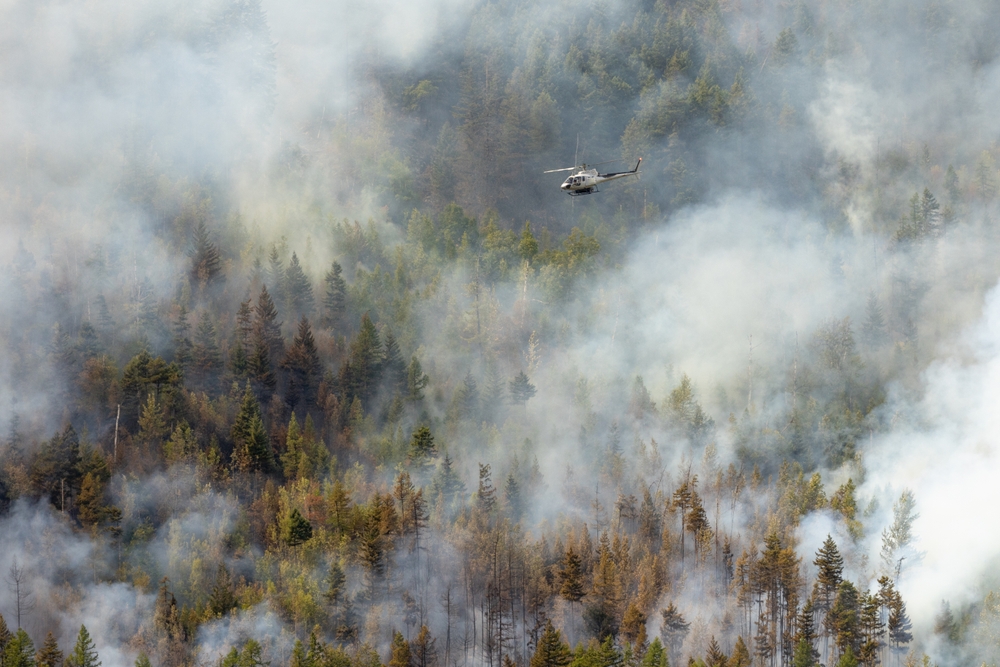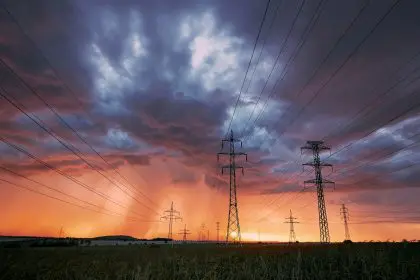Canada’s breathtaking natural landscapes are threatened annually by wildfires, particularly during the dry conditions of May through September. These wildfires not only cause significant damage to the environment but also pose serious health risks due to the smoke they produce. The recent wildfires in northeastern British Columbia have been especially concerning, with smoke from 146 active fires leading to air quality alerts and health advisories.
The Canadian wildfire season
With approximately 8,000 wildfires occurring each year, Canada’s vast forested areas are highly susceptible to fires during drought conditions. The Canadian Wildland Fire Information System (CWFIS) provides daily updates on fire weather and behavior, aiding locals and travelers in staying informed about safety conditions. Despite these efforts, the unpredictable nature of wildfires often results in unavoidable health hazards for those in affected areas.
Health concerns from wildfire smoke
The health impact of wildfire smoke is significant, with microscopic particles capable of penetrating deep into the lungs. This can exacerbate respiratory conditions like asthma, trigger inflammation and potentially weaken the immune system. The smoke, carried by winds across regions, can linger and result in poor air quality as measured by the air quality index established by the U.S. Environmental Protection Agency (EPA).
Following the Canadian wildfires, several U.S. states bordering Canada, including North Dakota, South Dakota, Michigan and Minnesota, have experienced “moderate” to “unhealthy” air quality levels. Minnesota and Wisconsin, in particular, have faced the brunt of the air quality issues stemming from the Canadian wildfires.
As Canada prepares for the 2024 wildfire season — which has already begun with intensity — the world is watching with concern for both the environmental and health implications of these natural disasters.

















